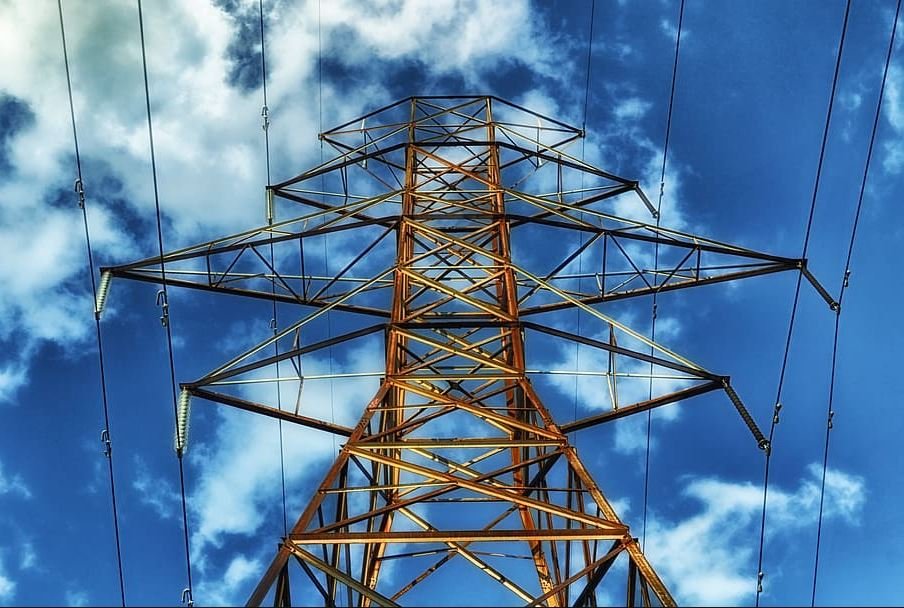Kenya Power and Lighting Company, the electricity distribution company in Kenya, has announced plans to invest US $72M in the financial year starting July 2023.
The investment aims to construct new substations and power lines to strengthen the electricity distribution network. The Managing Director and CEO of Kenya Power, Joseph Siror, stated that this investment aligns with the company’s strategy to improve the quality and reliability of power supply to its customers.
Siror emphasized that these strategic grid investments are necessary to accommodate the anticipated increase in energy demand from emerging sectors like e-mobility and clean cooking.
READ:Bondoukou photovoltaic solar power plant in Ivory Coast set for construction
E-mobility sector
Over the past two years, Kenya has witnessed significant interest from local and international stakeholders looking to invest in the country’s e-mobility sector. In order to support e-mobility and other sectors of the economy, Kenya Power will continue to invest in strengthening the grid to enhance network stability and flexibility, ultimately providing quality and reliable service.
Kenya Power currently serves approximately 9 million customers, and the adoption of electric vehicles (EVs) is gaining momentum in the country, with over 1,000 EVs already on Kenyan roads. Siror mentioned that Nairobi’s power infrastructure is already robust enough to support electric vehicle charging.
A recent study indicated that the city’s power grid can handle the switch to electric for 100% of two-wheeler vehicles and 10% of other vehicles, including private and commercial fleets. However, Kenya Power intends to further improve the flexibility of the network through strategic investments to accommodate the growing e-mobility industry.
To support the increasing demand for electric vehicles, Kenya Power plans to prioritize generation from renewable energy sources such as solar, hydro, wind, biomass, and geothermal. This approach is guided by the Least Cost Power Development Plan, which emphasizes the use of cost-effective and environmentally friendly power sources.
Currently, Kenya has an installed capacity of 3,321 MW against a peak demand of 2,132 MW. During off-peak periods, the demand drops to about 1,100 MW. This surplus capacity presents an opportunity for high-capacity electric vehicle charging, utilizing the available unused power.
In addition to the grid expansion investment, Kenya Power has established an e-mobility steering committee to guide the organization in ensuring the success of the e-mobility sector. Earlier this year, the company applied to the Energy and Petroleum Regulatory Authority (EPRA) for the introduction of an e-mobility tariff, which was subsequently approved in March. The public electric vehicle charging station launched by BasiGo is the first beneficiary of this tariff.
Overall, Kenya Power’s investment in grid expansion and commitment to supporting e-mobility demonstrates their dedication to providing reliable power supply and fostering the growth of sustainable energy solutions in the country.

